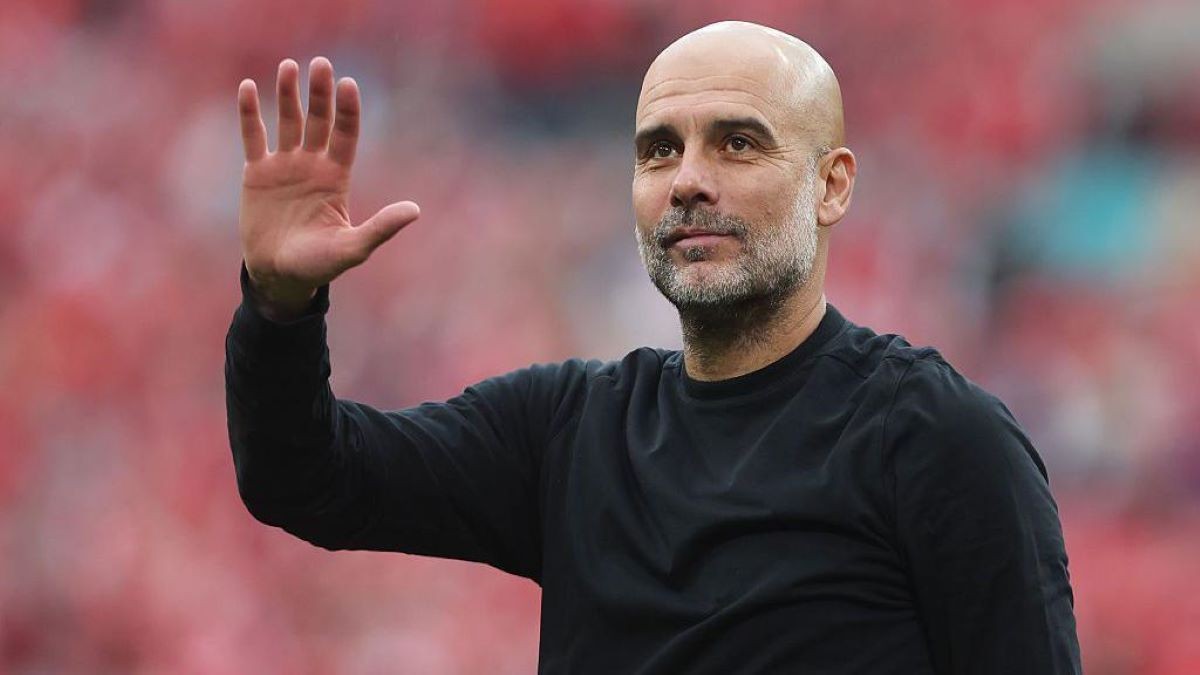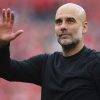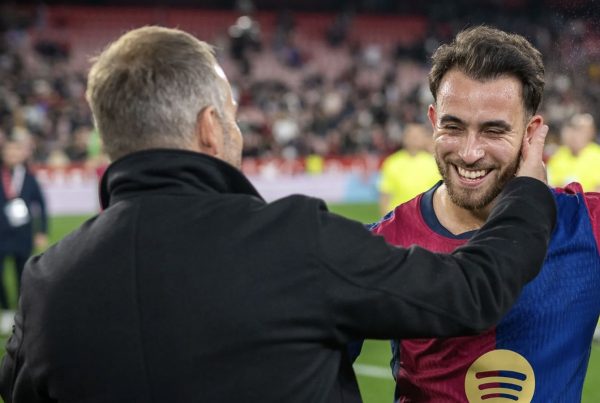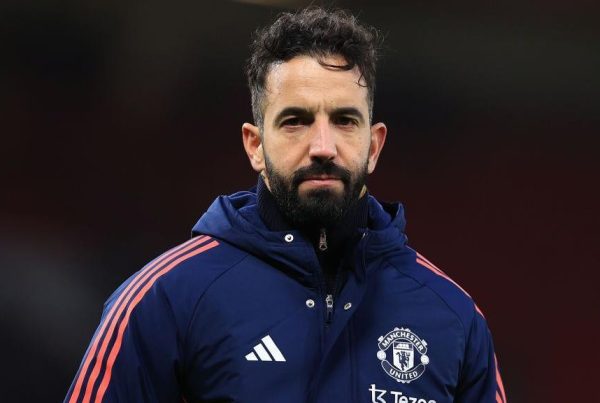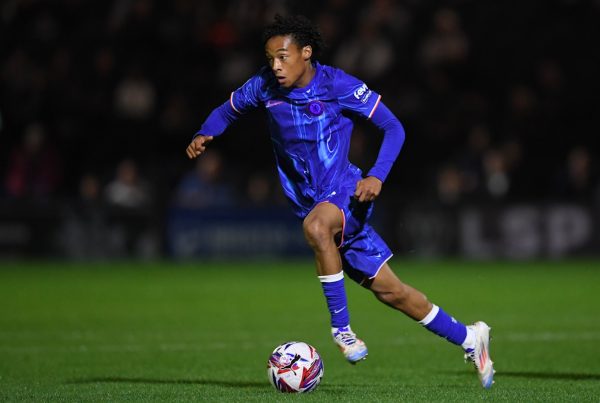If there’s one thing the Spanish tactician has consistently embraced, it’s the challenge. From his promotion from Barcelona B to the first team, through his tenure at Bayern Munich, and his Premier League adventure with Manchester City, Pep Guardiola has always risen to the occasion.
On his first day at the Etihad Stadium, July 1st, 2016, having already silenced skeptics with a trophy-laden career in Spain and Germany, he couldn’t escape the question everyone in England was asking: “Is Pep really that good?” Nine years and 18 trophies later, he’s certainly answered that.
Yet with City’s internal issues only recently resolved, TAA’s delayed arrival for 2024, and the seismic shifts shaking English football, it’s no surprise the question resurfaces—especially as what once defined his success now seems to be the club’s biggest challenge.
In a career built on overcoming adversity, this may be one of Guardiola’s most defining tests.
In another reality, Guardiola might be enjoying retirement on a Maldivian beach or a Portuguese golf course. But instead, he chose to stay at City after a trophyless season—only the second since his arrival—leaving the club in a difficult state. He likely realized that handing over the reins during a summer free of Club World Cup complications would be far easier.
Having extended his contract until 2027, Guardiola took charge of rebuilding a squad capable of winning again. But times have changed. Of the team that played the Champions League final against Inter Milan in Istanbul just two seasons ago, 15 players (Kevin De Bruyne, Ederson, Kyle Walker, Ilkay Gündogan…) are either gone or forgotten.
The squad’s evolution isn’t just on paper. Guardiola is not only trying to reflect this renewal but also adapting to a shifting Premier League landscape. At one point this season, commenting on the rise of clubs like Newcastle, Bournemouth, and Brighton, he admitted: “Modern football isn’t about positioning—it’s about rhythm.” A surprising confession from a coach who built an empire on structured movement and tactical precision. After City’s loss to Real Madrid in February, he stated: “My tactics don’t work like they used to,” despite having earlier insisted he’d never abandon his principles and still loved making his team complete “thousands, millions of passes”—regardless of the outcome.
Yet he’s conceded to the evolution of the game.
This season, he’s tackling the contradiction between his desire for control and the need for higher pressing, faster transitions, and more direct attacks—mirroring trends across the league. His choice to bring in Pep Lijnders as assistant, formerly Klopp’s right-hand man at Liverpool, suggests a strategic blend of two of the Premier League’s most dominant styles. It was a bold move to merge the DNA of two modern giants, but it hasn’t come without teething problems.
Il était certainement bien pensé de tenter de marier les ingrédients de deux des plus performantes équipes de l’ère moderne de la Premier League, mais cela s’est accompagné de quelques problèmes de mise en route.
After a strong opening win against Wolves (4–0), City lost the next two matches. In defeats to Tottenham and Brighton, both opponents scored in similar fashion: quick counterattacks exploiting wide gaps left by City’s high defensive line—an approach influenced by Lijnders.
It’s something Manchester United manager Ruben Amorim surely noted ahead of the Manchester derby at the Etihad. City entered the match trailing United by one point and four places, already six points behind reigning champions Liverpool—now bolstered by £125 million striker Alexander Isak—after the international break.
The last team to lose two of its first three Premier League matches and still win the title was Manchester United in 1992–93. At this stage, Guardiola already has ground to make up if he hopes to reclaim the throne he held six times in seven years (2017–2024).
But if not this season for City and Guardiola—then when? His contract runs for two more years, but even his staff won’t speculate on when he might call it quits.
Some within the City Football Academy believe this could be his final campaign. Others suggest that despite acknowledging the end may be near, the 54-year-old could still be convinced to sign a new deal. Much will depend on his energy levels and the strength of his working relationship with sporting director Hugo Viana, successor to longtime friend Txiki Begiristain. Whatever the outcome, City’s leadership long ago decided Guardiola had earned the right to choose when and how he leaves. He himself admitted that after last season’s poor results, any other top club would have sacked him.
And just as Sir Alex Ferguson bowed out after 26 glorious years at United—crowned champion one last time in 2013—Guardiola’s legacy deserves a similarly triumphant farewell.
To ensure a successful exit, he must now build a new team capable of thriving in the next chapter of the Premier League. That, in itself, is a monumental challenge.


